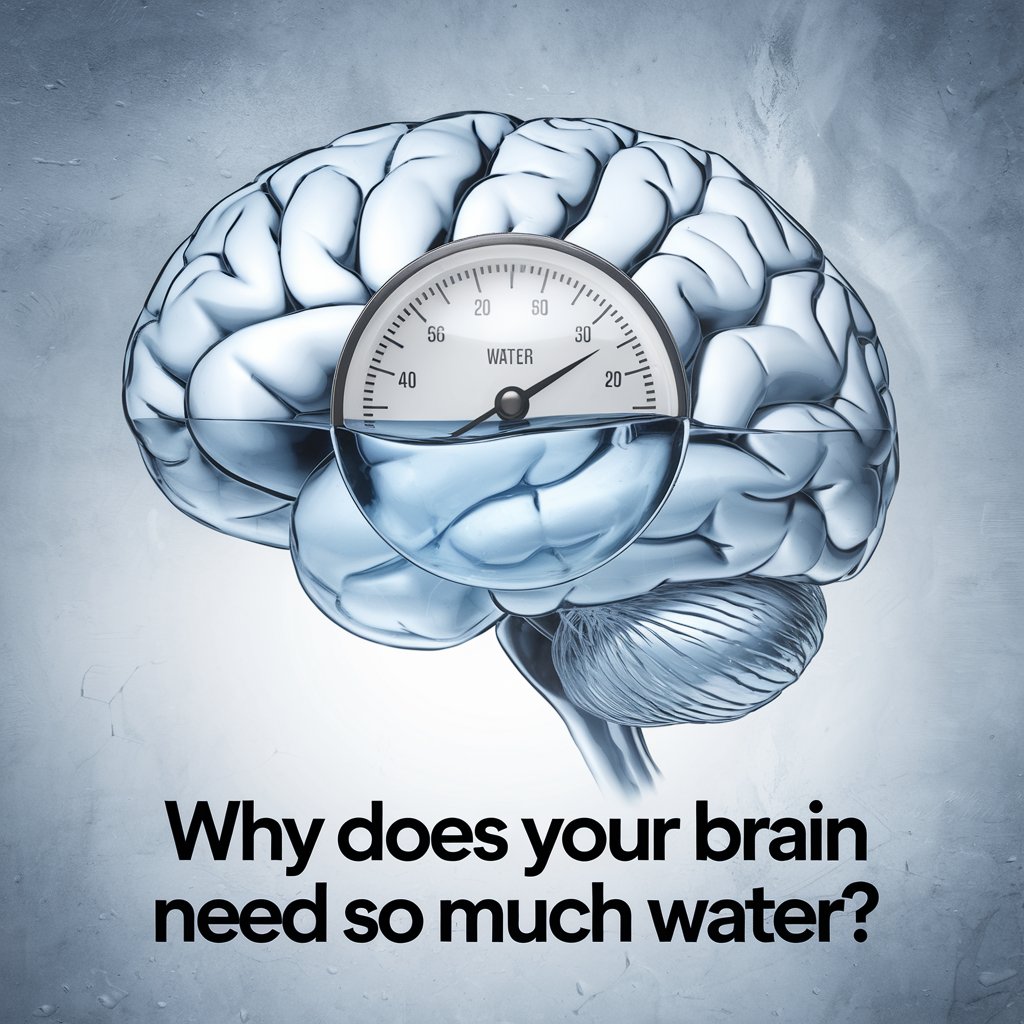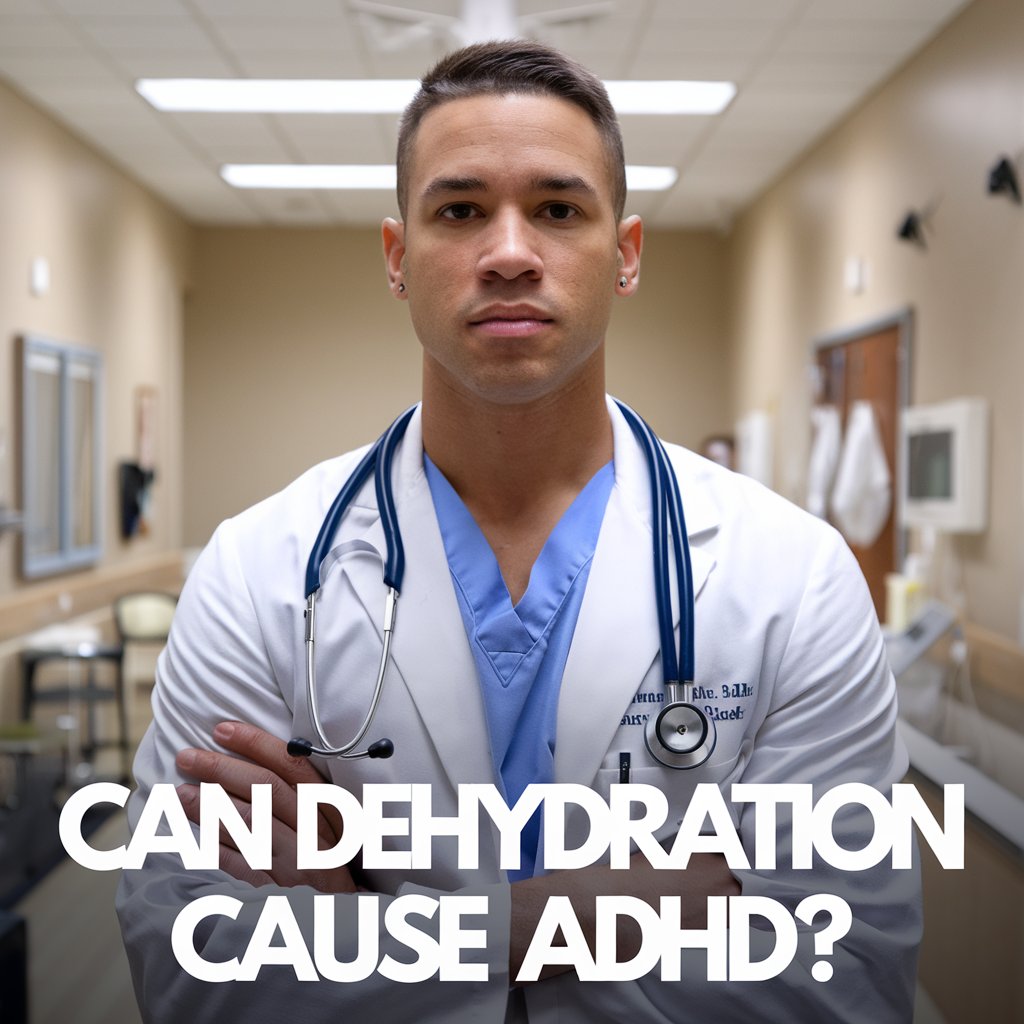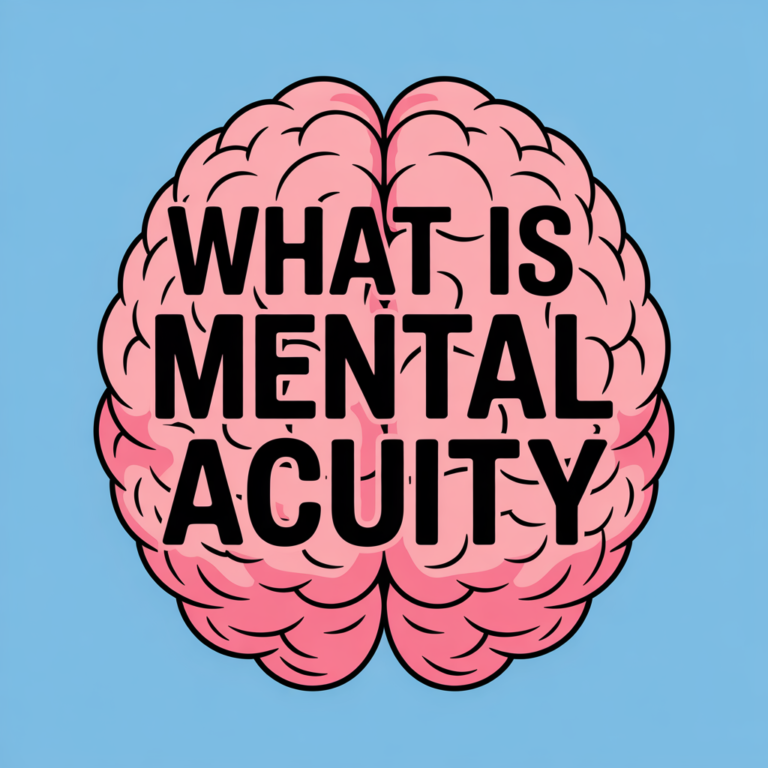Every body function requires water, and the brain is no different. With 73% of the brain composed of water, hydration plays a critical role in maintaining its health and functionality. But can dehydration cause ADHD? This intriguing question has sparked interest among researchers, parents, and individuals with ADHD alike. Let’s delve deeper into how dehydration affects brain function, its potential links to ADHD, and practical ways to stay hydrated.
Why Does Your Brain Need So Much Water?

Your brain is a fascinating organ, responsible for everything from decision-making to emotional regulation. Did you know it’s made up of 73% water? This high water content is vital for:
- Facilitating electrical signaling between neurons.
- Maintaining cognitive functions like memory, focus, and problem-solving.
- Supporting the production of neurotransmitters.
When the brain is dehydrated, even by a small percentage, it can significantly impact its ability to function efficiently. Dehydration can cause headaches, brain fog, and even mood changes—symptoms that often overlap with ADHD.
What Happens to Your Brain When You’re Dehydrated?
Dehydration affects everyone, but its impact on the brain is especially concerning. When the body lacks sufficient water:
- Blood flow to the brain decreases, reducing oxygen and nutrient supply.
- Neurotransmitter production declines, potentially impairing focus and mood.
- Cognitive functions slow down, leading to confusion and difficulty concentrating.
For individuals with ADHD, who already face challenges in focus and impulse control, dehydration can exacerbate symptoms, making it even harder to manage the condition effectively.
Why People with ADHD Are at Greater Risk of Dehydration
Those with ADHD may be more susceptible to dehydration for several reasons:
- Getting Lost in Tasks: ADHDers often experience periods of intense concentration on a task, known as hyperfocus. During these episodes, basic needs like drinking water are frequently overlooked.
- Forgetting to Stay Hydrated: Forgetting to drink water is common among people with ADHD, as they might be preoccupied with other tasks or distracted by their environment.
- Missing Thirst Signals: Interoceptive awareness refers to the ability to recognize internal body signals, such as thirst. Many individuals with ADHD have reduced interoceptive awareness, meaning they might not realize they’re dehydrated until it’s severe.
- Side Effects from Medications: ADHD medications, particularly stimulants, can increase the risk of dehydration by causing dry mouth and reducing appetite, which may lead to less water intake.
How ADHD Medications Affect Hydration
Stimulant medications like Adderall or Ritalin are commonly prescribed for ADHD. While effective, they come with side effects that can contribute to dehydration:
- Dry Mouth: A common side effect that can signal the need for increased water intake.
- Reduced Appetite: People taking stimulants might consume less food and water throughout the day.
- Boosted Energy Levels: Stimulants can enhance energy levels, leading to more physical activity and potential water loss.
Managing hydration while on ADHD medication is crucial to avoid worsening symptoms or creating new challenges.
How Hyperfocus Can Make You Forget to Drink
Hyperfocus can be a superpower for individuals with ADHD, allowing them to dive deeply into tasks. However, it can also lead to neglecting self-care. Hours can pass without eating or drinking, increasing the risk of dehydration. Setting reminders to drink water during periods of hyperfocus can help mitigate this issue.
Why Forgetting to Hydrate Is a Common ADHD Challenge
Forgetfulness is a hallmark symptom of ADHD. When it comes to hydration, this can mean:
- Forgetting to carry a water bottle.
- Failing to recognize thirst signals.
- Overlooking the need to drink water during busy or stressful times.
Developing structured hydration routines can counteract this tendency.
How to Recognize Thirst When You Have ADHD
Reduced interoceptive awareness means that individuals with ADHD may not always feel thirsty, even when their body needs water. This disconnect can make it harder to stay hydrated. Regular hydration schedules and visual cues, such as keeping a water bottle in plain sight, can help address this challenge.
How Much Water Do You Really Need?
The amount of water each person needs varies depending on factors like age, weight, activity level, and climate. As a general rule:
- The recommended daily intake for men is around 3.7 liters (125 ounces) of total water.
- The recommended daily intake for women is around 2.7 liters (91 ounces) of total water.
These amounts include water from beverages and food. For those with ADHD, consistently meeting hydration goals can have a noticeable impact on focus and energy levels.
Adjusting Water Intake to Your Routine
Hydration needs aren’t one-size-fits-all. Consider these factors:
- How Active You Are: More active individuals require additional water to replace what is lost through sweat.
- Your Environment: Hot or humid weather increases water needs.
- What You Eat: High-sodium or high-protein diets may require more water to balance hydration levels.
Adjusting water intake based on these variables ensures your body gets what it needs.
A Simple Way to Check If You’re Hydrated
Examining the color of your urine is an easy method to keep track of your level of hydration:
- Light Yellow: Well-hydrated.
- Dark Yellow or Amber: Likely dehydrated and in need of water.
- Clear: Overhydration may occur, which can also be problematic.
Using this visual guide can help ADHDers develop better hydration habits without overcomplicating the process.
Easy Hydration Tips for People with ADHD
- Set Up Hydration Reminders: Use phone alarms or apps to remind you to drink water throughout the day.
- Keep Water Close: Carry a reusable water bottle with you at all times.
- Make Water Accessible: Place water bottles in frequently visited areas like your desk or car.
- Add Some Flavor: Add slices of fruit or a splash of juice to make water more appealing.
- Drink During Meals: Have a glass of water with each meal and snack.
- Start Hydrated: Begin your day with a glass of water.
- Track Your Water: Use apps or journals to log your daily water intake.
- Don’t Wait for Thirst: Be proactive about drinking water regularly.
- Snack on Hydrating Foods: Include fruits and vegetables like cucumbers, watermelon, and oranges in your diet.
- Sip Consistently: If large amounts of water feel overwhelming, take smaller, frequent sips.
How Dehydration Impacts Brain Health
Dehydration has been linked to neuroinflammation, a condition where the brain’s immune response becomes overactive. Neuroinflammation can cause:
- Impaired focus.
- Increased impulsivity.
- Heightened emotional sensitivity.
Brain fog is another common symptom of dehydration, characterized by:
- Slower cognitive processing.
- Difficulty retaining information.
- Reduced mental clarity.
For individuals with ADHD, these effects can amplify existing challenges, underscoring the importance of staying hydrated.
Can Dehydration Really Cause ADHD?
While dehydration does not cause ADHD, it can worsen its symptoms. ADHD is a neurodevelopmental disorder with genetic and environmental influences, not a condition triggered by hydration levels. However, staying hydrated supports optimal brain function, helping to reduce symptom severity and improve overall well-being.
In conclusion, managing hydration is a simple yet powerful strategy for individuals with ADHD. By understanding the role water plays in brain health and adopting practical hydration habits, you can enhance focus, energy, and quality of life.




